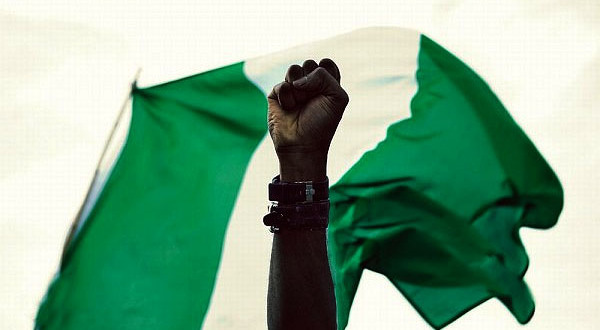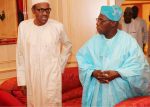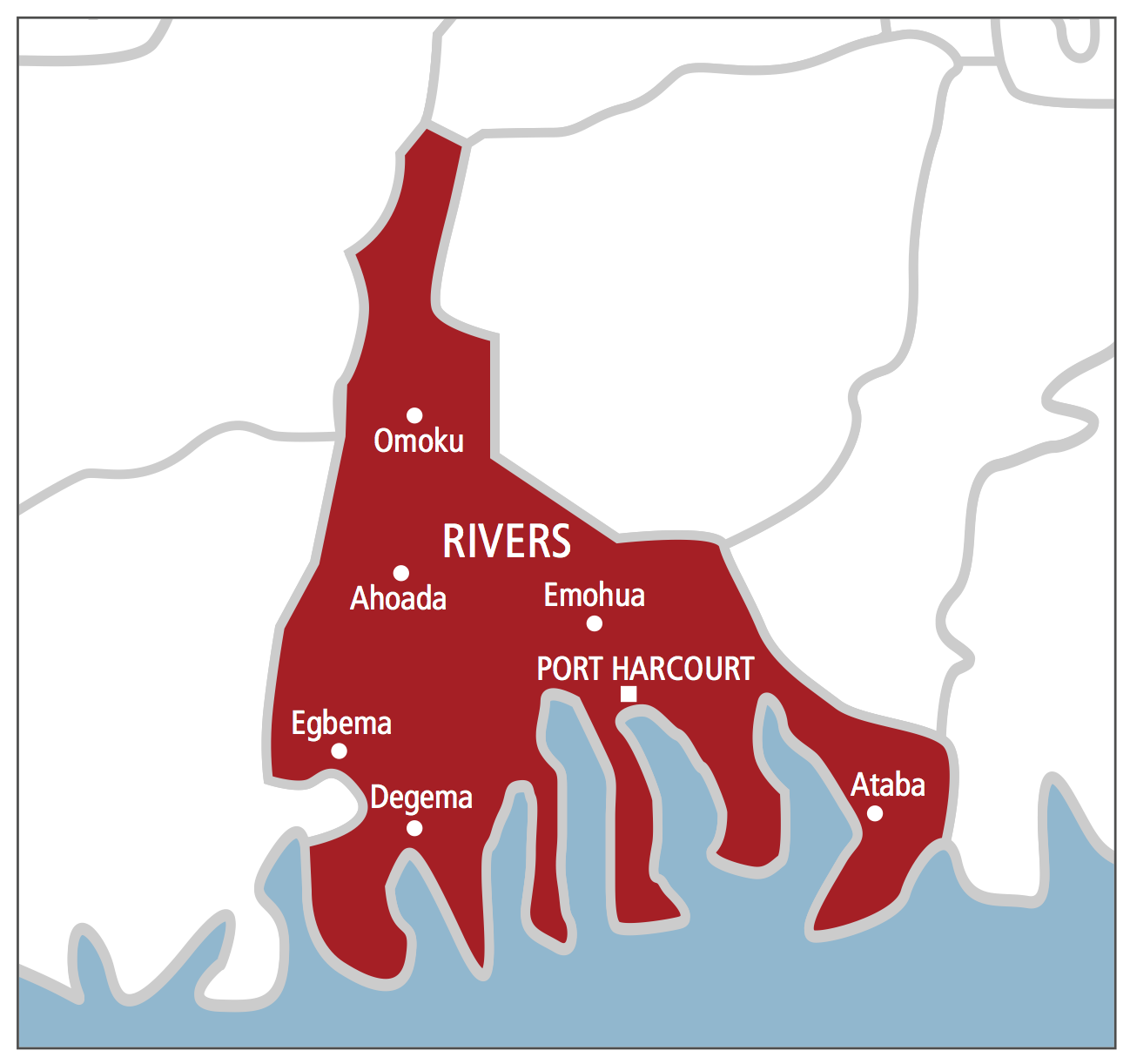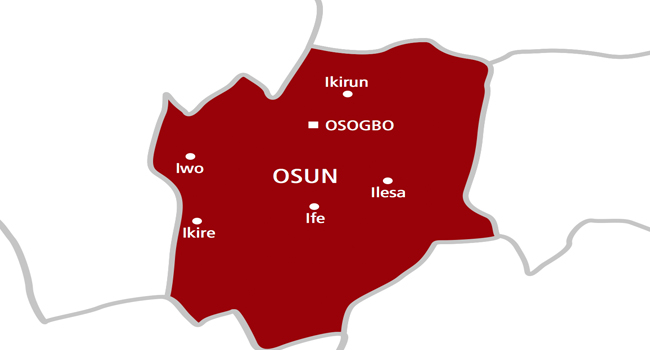BY ADEMOLA YAYA
ALTHOUGH there were some reported pocket of protests in some states over scarcity of new naira notes, Nigerians are special people with thicker skin and capacity to persevere unbearable conditions. They have wherewithal of ‘suffering and smiling.’ Otherwise, the hard and harsh socio-economic conditions they have been subjected, especially from last year December till now, with no end in sight, are enough to set any country ablaze. On 1st December, 2022, electricity distribution companies (DisCos) quietly increased electricity tariffs by 18.5% without addressing epileptic electricity supply. It implies that Nigerians pay more for poor services rendered. Till date, there is no official or unofficial statement from electricity distribution companies to inform the public consumers of the tariff increase.
Before waking up from this daze, another heavy blow had been struck – scarcity of Premium Motor Spirit (PMS) popularly called Gasoline or Petrol. Its unavailability made the price per litre jump to between N350 and N450 from the official N165 per litre. As long queues for hours continue unabated in very few fuelling stations with the product, so the new naira design came in with its artificially created piercing claws, making life unbearable for the poor people.
The Federal Government via the Central Bank of Nigeria (CBN) had, last year, introduced new naira design and had urged Nigerians to go to their respective banks to drop the old notes but gave directives to banks on how much new naira an individual and corporate organisation could withdraw. The FG seems to have good intention. The CBN, for instance, knows how much naira that is supposed to be in the system. Unfortunately, the currency in circulation is grossly lesser. Put clearly, out of N3.5 trillion that is supposed to be in circulation, only N700billion was within the banking system. This implies that some elements have warehoused the balance in various locations which is not good enough for the economy. CBN’s intention is to pull these monies back into system if the owners have capacity to convert them into new ones or render them invalid after the expiration of set date which was 31st of January, but was later extended to February 10, 2023 due to the public outcry.
It is instructive to note that the commercial banks operators are in the industry solely for profit. Before the new naira design, they had always gone all out to woo moneybags to deposit in their banks. As a matter of fact, banks were allegedly accused of encouraging prostitution in the industry by recruiting beautiful girls to chase these moneybags for deposit, giving them target to meet otherwise be fired. The banks profit is not based on millions of poor depositors of N20,000 to N200,000 but on multi-millions and billions of few moneybags. With the new naira design and stringent CBN directives to commercial banks on conversion of old to new notes, withdrawal limit among others, it is a herculean task for these moneybags to convert all their stored old notes to new ones. Hence, it is time for payback. The bankers would, therefore, do everything to protect these moneybags and make them smile. As such, new naira in huge quantity must first get to them with ease. Meanwhile, CBN is regulating new notes it is circulating via commercial banks. Hence, very little quantity of new note is made available for the ordinary people. This partly explains the background of new naira scarcity.
Yes, CBN is a regulatory body to commercial banks. Its reliance on them alone for circulation of the new naira is faulty. It should have thought outside the box by tactically having a back up of its own ATMs at head office in every state, including FCT, dispensing new money 24/7 with security logistics required, while regulating commercial banks circulation of the new notes, using anti-corruption agencies instrumentality and dangling prohibitive fine for any erring commercial banks compromising its directives.
The traumatic experience of poor people who assemble in the banks’ premises very early and every day, picking numbers from 1 to 750 and awaiting banks officials to open for operations, including weekends would have been avoided. Most banks practically shut down for alleged lack of new currency which could provoke frustrated people to revolt. Already, there have been some reported cases of attacks on banks and their officials.
The most annoying thing is that transaction via electronic money transfer is also very frustrating as the network has been very erratic. And this has become daily frustrating routine. On 14th February, there was no network at all for any transaction and even for telephone call for six hours! This has caused untold hardship to small scale traders and artisans, majority of whom earnings are daily.
And trust Nigerians, most Point of Sale (POS) operators are feeding fat from this situation. They charge as much as N300 to N400 on every N2000 and N1,000 on N5000 as against N100 before this crisis. And their defence is that the higher charges are based on many inconveniences they undergo before accessing the new money. But we should continue to persevere as this situation may improve after the general elections. Most of these stored old monies were targeted at votes buying. To these moneybags and politicians, this is a wrong time to change old currency into new. As frustrating as this situation is for the poor, the moneybags, most of whose riches are responsible for pervasive poverty are crying silently as their warehoused old currencies have become illegal tender. It is like a Yoruba adage, “He who masquerader chases should persevere; as he/she is getting tired, so does masquerader.”











